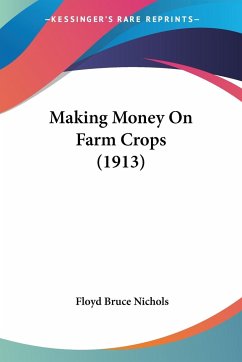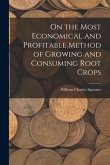Faced with the problems of food shortages, most developing countries were compelled to follow the agricultural policy in favour of food crops, with the basic objective of achieving self-sufficiency in food production and to reduce the import of food grains; India was no exception to this. After independence, India had given priority to growing more and more food crops to over come the food shortages. However, at the same time the land used for commercial crops increased at a higher rate. Farmers in India shifted towards commercial crops as they fetched greater profits. This study presents evidence that commercial crops have had a positive impact on farmer's socio-economic transformation. The farmers who are growing these crops spend more on health, education, and other socio-economic needs compared to those farmers growing food crops in the study area. The findings, and personal discussions with a cross section of the people in the study area, suggest that commercial crops have tremendous potential to transform, not only the economy, but also the social fabric in the study region. These issues make compelling reading for policy makers, researchers and others concerned with commercial agriculture.
Hinweis: Dieser Artikel kann nur an eine deutsche Lieferadresse ausgeliefert werden.
Hinweis: Dieser Artikel kann nur an eine deutsche Lieferadresse ausgeliefert werden.








